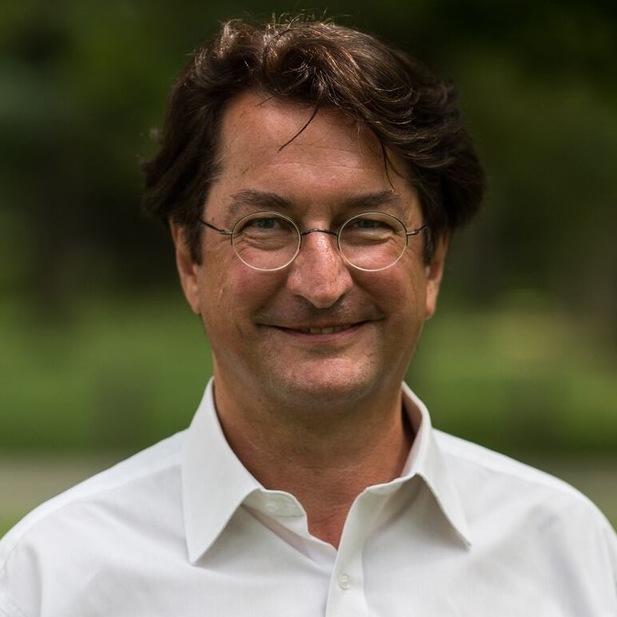We at the Chrono Institute are concerned with the long-term development of health (salutogenesis) and its teaching of health (salutology). For us, health is not only the absence of illness, but a holistic state that views the human being in all its fullness. Health that arises from a balance of different states, of activity and recreation for example.
Just as day and night are inseparable, the human being is embedded in a duality. Ultimately, the human being must lead this duality to an equilibrium – a homeostasis – or, as our colleague Dr. Henning Sartor repeatedly puts it, as homeostasis – to a dynamic state of equilibrium if health is to be maintained (see: Witasek 2019).
In the human body, the autonomous nervous system serves to adapt to the dual requirements of the environment: the better it is able to balance – regulate – the different environmental conditions, the more resistant, efficient and healthy the human being will be. We call this adaptation of the human organism to the changing conditions of the environment the “regulatory capacity” of the autonomous nervous system.
Our institute’s director Univ. Prof. Dr. Dr. Josef Zeitlhofer and I have been dealing with this topic for many years, which specifically concerns the core problem of fatigue, exhaustion and performance. Regulatory capacity with regard to the strain on work, family, sport and the risk of incorrect strain, as the increasing numbers of fatigue syndrome, depression and burnout show (see: Klösch, Hauschild, Zeitlhofer 2020).


